Midwest C. elegans Meeting
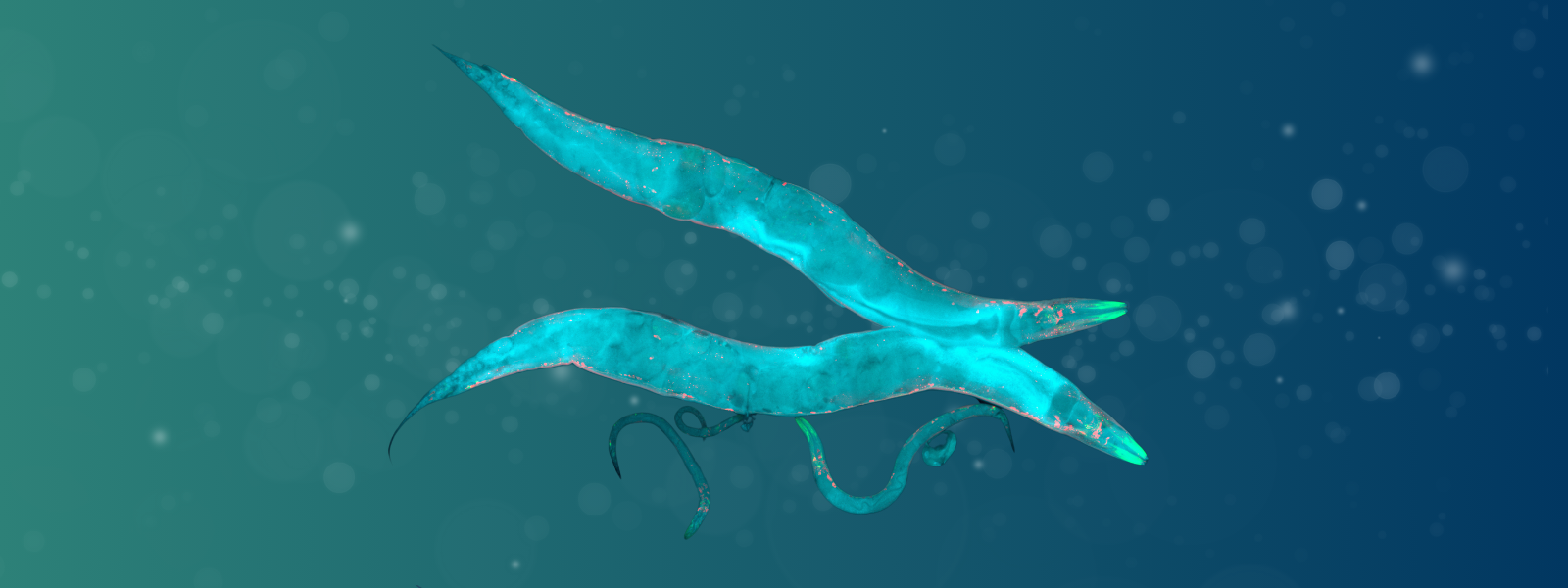
The 2024 Midwest C. elegans Meeting will be held April 12, 2024, at Van Andel Institute in Grand Rapids, Mich. The program will feature a keynote by Eric L. Greer, Ph.D., of Washington University School of Medicine, talks by researchers across the C. elegans field and a poster session.
There is no cost to attend. Registration is required. The deadline for poster abstracts is March 4, 2024. Registration closes April 5, 2024.
Opening Remarks and Keynote Introduction
Nick Burton, Ph.D.
Van Andel Institute

Keynote Address
Eric Greer, Ph.D.
Washington University School of Medicine
Role of ribosome heterogeneity in aging and inheritance
Coffee break
Session 1
Laura Bahr, M.S.
Ghazi Laboratory, University of Pittsburgh School of Medicine

TCER-1 regulates lipid deposition to promote embryonic health upon maternal infection
Kelsie Nauta, Ph.D.
Burton Laboratory, Van Andel Institute
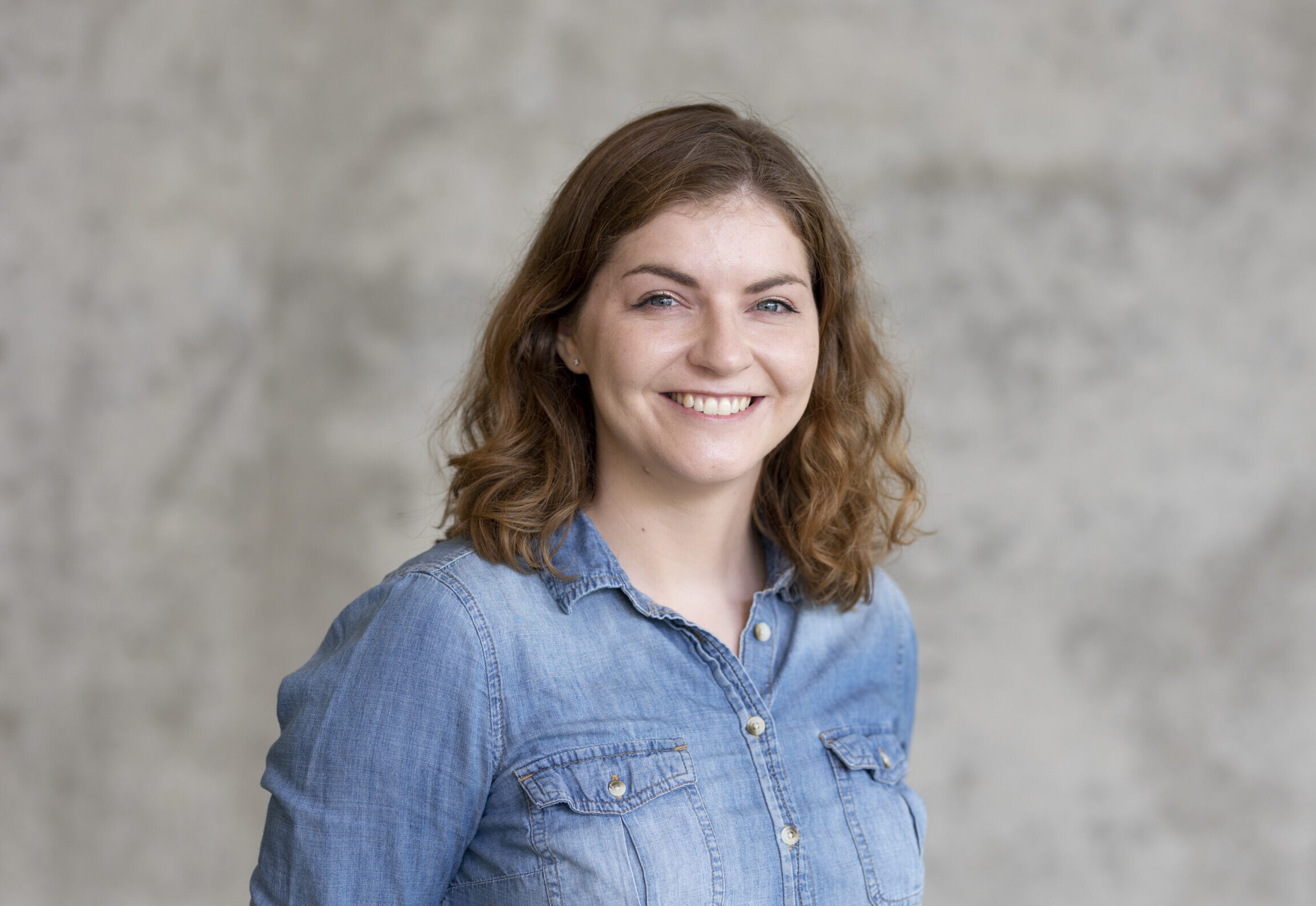
Aberrant polyamine production by intestinal bacteria antagonizes animal development and mitochondrial function
Nicholas Urban, B.S.
Truttmann Laboratory, University of Michigan

Two BiP or not two BiP? The roles of C. elegans’ BiP orthologs in proteostasis and aging
Matthew Wirick
Karp Laboratory, Central Michigan University
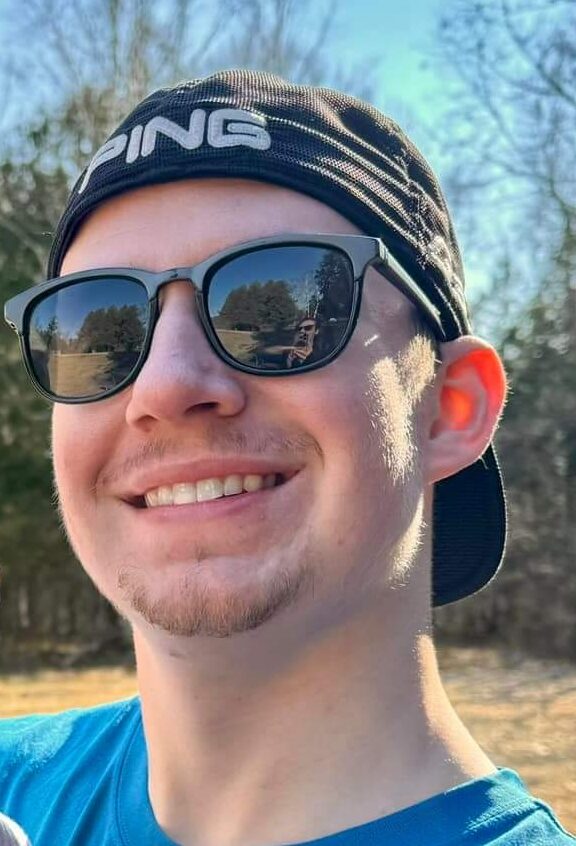
daf-16/FOXO coordinates dauer formation and adult cell fate in hypodermal seam cells
Lunch
Poster Session
Session 2
Honorine Destain
Kratsios Laboratory, University of Chicago
Maintenance of adult neuronal identity through opposing inputs on a single transcription factor
Md Zubayer Hossain Saad
Bamber Laboratory, University of Toledo
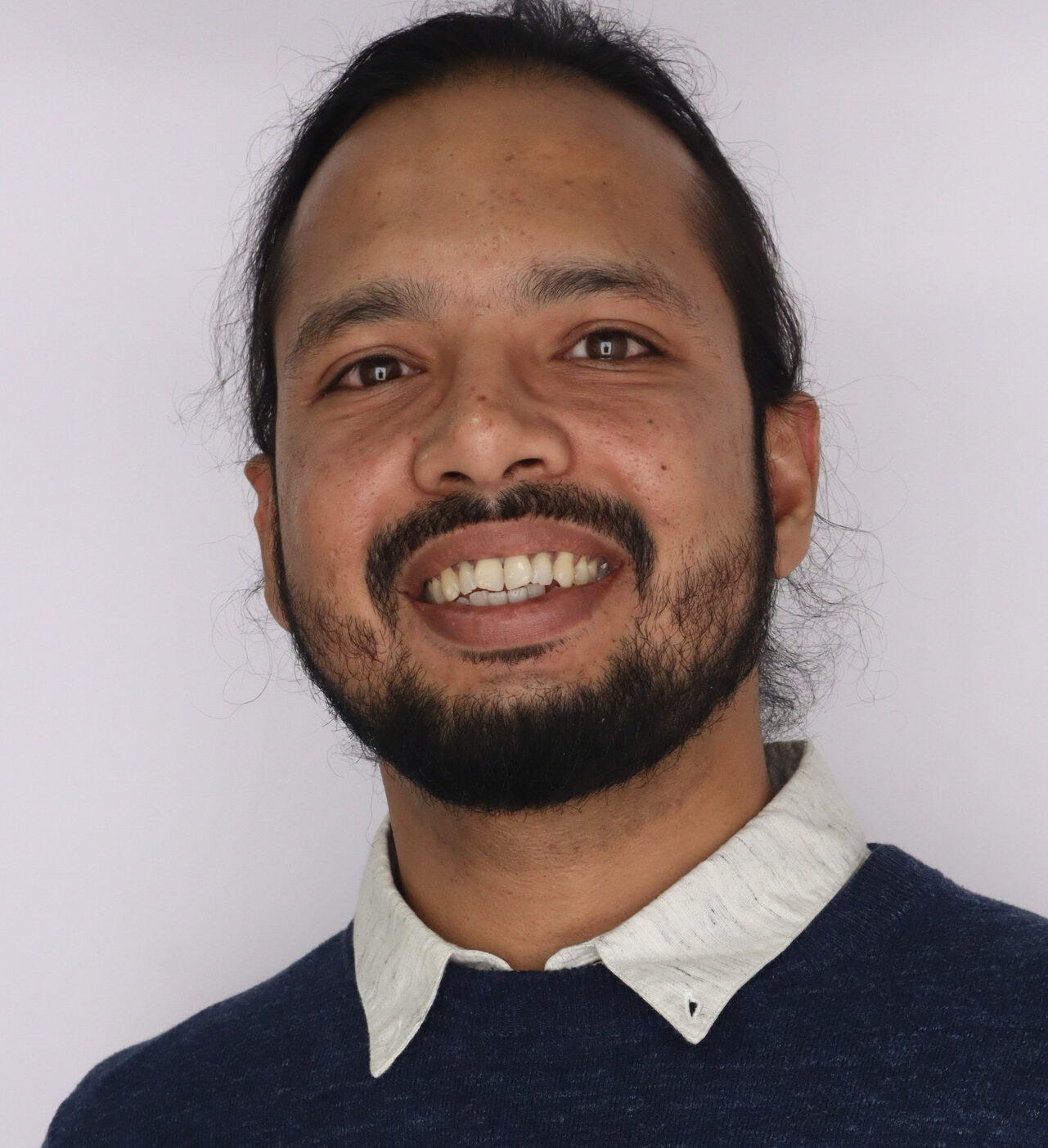
Olfactory combinatorial coding supports risk-reward decision-making in C. elegans
Manasa Prahlad
Kratsios Laboratory, University of Chicago
Hox factors generate motor neuron diversity along the antero-posterior axis in C. elegans
Napissara Boonpraman, Ph.D.
Sammi Laboratory, Michigan State University

Differential effects of Chlorpyrifos and Diazinon and their metabolites on mitochondrial complex activity and dopaminergic neurotoxicity
Coffee Break
Session 3
Angela Tuckowski
Leiser Laboratory, University of Michigan
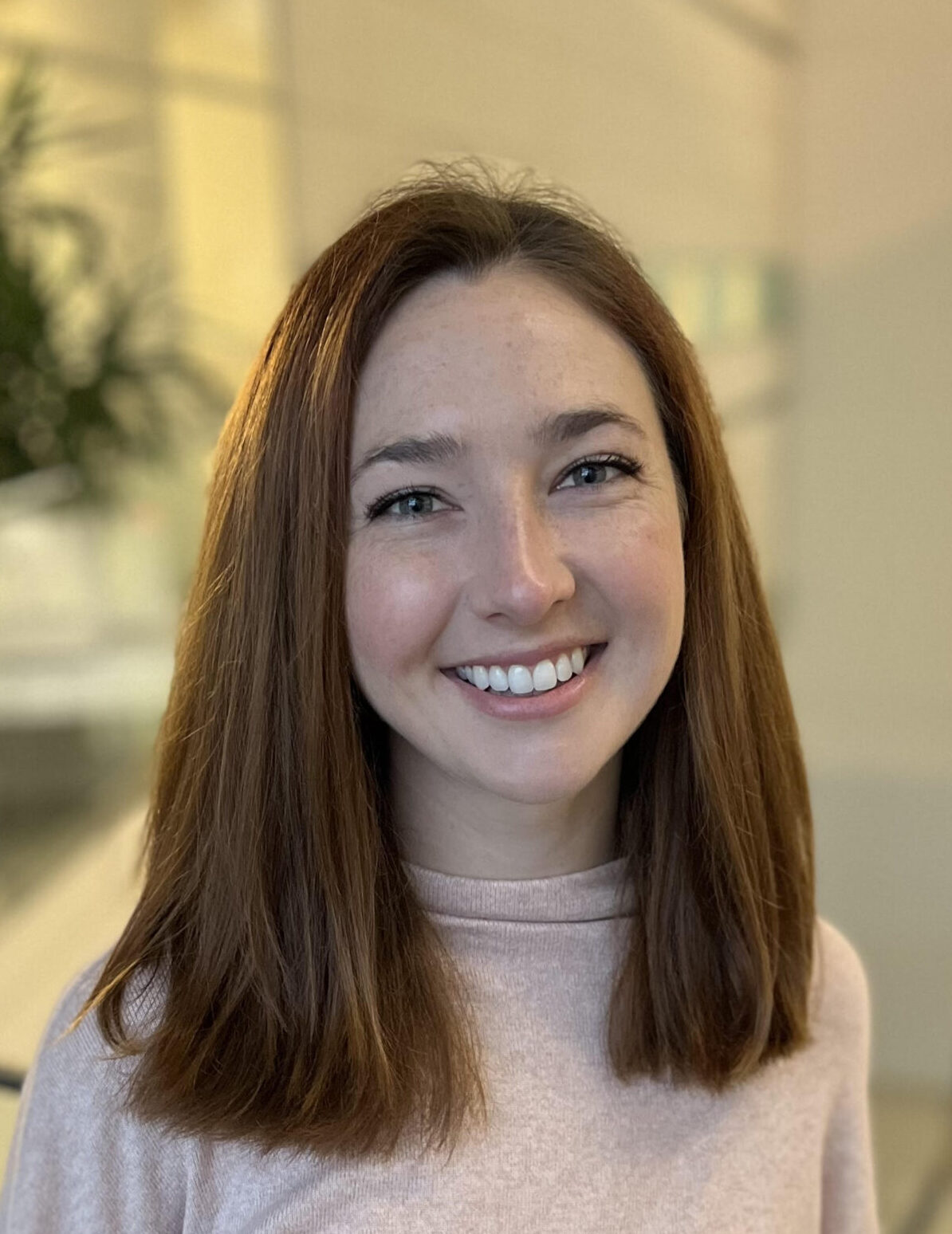
Characterizing the role of fmo-4 in C. elegans longevity
Zhiyong Zhang
Xu Laboratory, University of Michigan
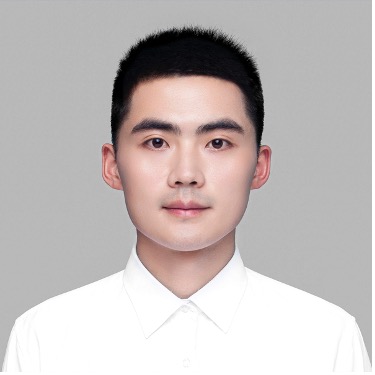
Shear stress sensing in C. elegans
Filipe Marques
Kratsios Laboratory, University of Chicago
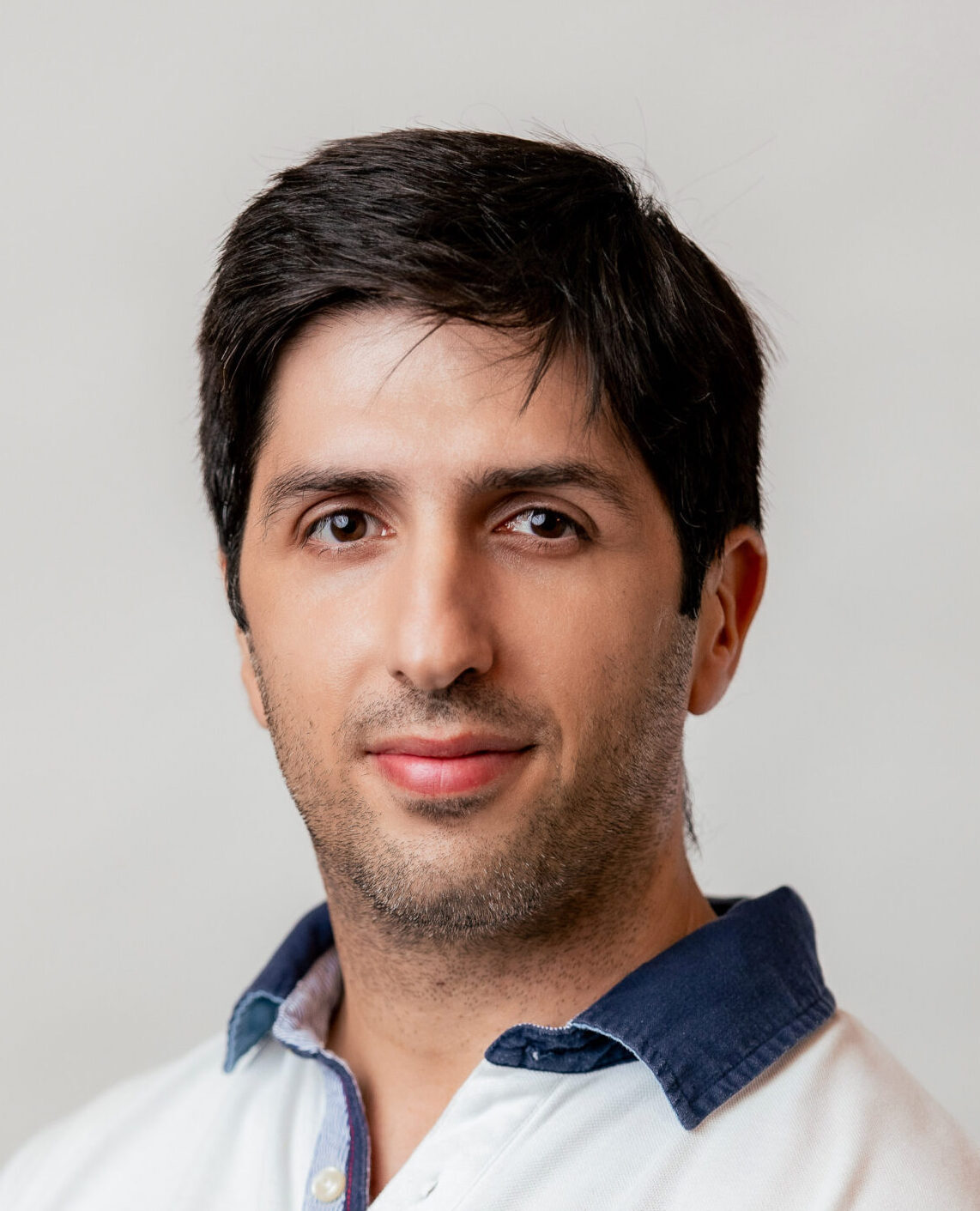
Gene regulatory logic of interneuron identity within a mechanosensory circuit
Rebecca Cox, Ph.D.
Leiser Laboratory, University of Michigan
Closing remarks and poster awards
Associate Professor, Genetics and Genomic Medicine,
Washington University School of Medicine
Eric Greer is an Associate Professor at Washington University in St. Louis. Before joining Wash U, Eric was an Assistant Professor at Harvard Medical School and Boston Children’s Hospital. Dr. Greer obtained his B.A. from CWRU and his Ph.D. from Stanford for work done in the lab of Dr. Anne Brunet. During his graduate work he did some of the first work to identify the molecular basis for how dietary restriction, a reduction in nutrients without starvation, can extend lifespan. He also demonstrated that chromatin modifications, particular histone H3 lysine 4 trimethylation, could regulate lifespan in C. elegans. Eric did his postdoctoral training in Dr. Yang Shi’s lab at Harvard Medical School. As a post-doc Eric found that members of the H3K4 trimethylation complex he had identified as a graduate student that regulated lifespan, not only regulated longevity in the parental generation, but also in a transgenerational manner for 3 additional generations. During his post-doc Eric began to decipher how non-genetic information is transmitted from ancestors to their descendants. In this search he identified a novel form of DNA modification in metazoan, methylation on adenines, that might be responsible for stable transgenerational epigenetic inheritance. The Greer lab focuses on understanding the molecular mechanisms of epigenetics. The lab focuses on 1) identifying what heritable non-genetic cues are inherited across generations, 2) examining the role of chromatin and epitranscriptomic modifications in regulating cellular processes and how dysregulation of epigenetic mechanisms causes developmental defects and diseases to arise, 3) identifying and characterizing new epigenetic modifications and the enzymes that add, remove, and recognize these modifications and what their role is in regulating a variety of biological processes and 4) examining the role of epigenetics in the evolution of multicellularity.
Laura Bahr is a doctoral candidate at the University of Pittsburgh, in the lab of Dr. Arjumand Ghazi. She uses the nematode C. elegans to investigate the relationship between immunity and reproduction. Her project focuses on identifying genes which regulate lipid metabolism to ensure reproductive success during maternal infection.
I am a 4th year graduate student in the Kratsios Lab at the University of Chicago. The Kratsios Lab studies the development and degeneration of motor neurons in multiple models, including C. elegans. My project focuses on the gene regulatory networks involved in ensuring appropriate post-mitotic neuronal identity in C. elegans.
Md Zubayer Hossain Saad earned his Bachelor of Science in Pharmacy from the University of Pune, India, in 2011, followed by a Master’s in Pharmacology-Toxicology from the University of Toledo, Ohio, in 2016. His master’s research focused on investigating the role of the TRP ion channel, PKD1, in the pathophysiology of hypertension in polycystic kidney disease. After obtaining his Master’s degree, Zubayer joined the laboratory of Jianyang Du at the University of Toledo as a Research Assistant, where he explored the impact of ASIC1a-mediated synaptic activity enhancement on fear memory. He then commenced his Ph.D. in the same laboratory, dedicating his research to the electrophysiological characterization of the TRPM3 ion-channel, significant for its implications in pregnenolone-mediated memory enhancement. Later, Zubayer transferred to Bruce Bamber’s lab within the same department for his Ph.D. dissertation, conducting whole-brain analyses on C. elegans and discovering novel principles of sensory-motor processing. Anticipated to graduate with his Ph.D. in May 2024, Zubayer is set to further his contributions to the field of systems neuroscience through post-doctoral/scientist positions.
Angela is currently a 5th year Ph.D. student in Dr. Scott Leiser’s lab at University of Michigan. She earned her Bachelor’s degree in Biological Sciences from Drexel University in 2015 and, upon graduation, began working at Janssen Pharmaceutical as an Associate Scientist. Angela worked at Janssen for four years and gained experience in antibody drug discovery, cell line development, genetic characterization, and assay optimization. In pursuit of higher education and to expand her skillsets, Angela left Janssen in 2019 and joined Dr. Scott Leiser’s lab where she studies stress response and metabolism in the context of aging.
Nicholas is currently a 5th year Ph.D. candidate in Dr. Matthias Truttmann’s lab at the University of Michigan. He was an NCAA student-athlete at Grand Valley State University, where he joined Dr. Ruijie Liu’s laboratory and studied how dual specificity phosphatases (DUSPs) affect extracellular signal-regulated kinases 1/2 (ERK-1/2) signaling in the mouse heart. He received a Bachelor of Science in Biomedical Science with a minor in Chemistry in 2019. After graduation, he joined the Department of Molecular & Integrative Physiology at the University of Michigan and began his dissertation work in Dr. Matthias Truttmann’s lab in spring 2020. His work focuses on chaperone biology and post-translational modification’s which affect protein homeostasis (proteostasis) in the context of aging.
Poster abstracts may be submitted during registration. During registration, please indicate if you would like your abstract considered for an oral presentation. If you plan to participate in the poster session but do not want to be considered for an oral presentation, please select the “poster session” option during registration. The deadline for poster abstracts is March 4, 2024.
For questions, please contact Courtney Zirkle.
Abstract format
Submitted abstracts should represent original research. The title should be brief and descriptive, and the body should include rationale, methods and results. Please prepare abstracts using the below template.
Poster dimensions
Posters should be 60 in. x 40 in. Pushpins will be provided.
Questions?
Questions regarding abstract submission, posters, or the poster session can be directed to Courtney Zirkle.
TITLE OF ABSTRACT IN ALL CAPS (STYLE = TITLE)
Presenting Author1,2, Other Author1, and Last Author1,3(Style = Authors)
1First Dept., Institution, City, State, Country, 2Second Dept., Institution, City, State, Country, and 3Last Dept., Institution, City, State, Country (Style = Affiliations)
Body of abstract using 300 words or less. Define each abbreviation at first use. All fonts should be Arial, 11 pt. and text should be single-spaced. Once you have filled in this template, choose File>Save As and save your file as a Word document (.doc or .docx) with the filename lastname_abstract. (Style = Body)
EXAMPLE
A MOTHER TO OFFSPRING METABOLIC LINK
Nick Burton1
1Department of Metabolic and Nutritional Programming, Van Andel Institute, Grand Rapids, MI, United States
Lorem ipsum dolor sit amet, consectetur adipiscing elit, sed do eiusmod tempor incididunt ut labore et dolore magna aliqua. Ut enim ad minim veniam, quis nostrud exercitation ullamco laboris nisi ut aliquip ex ea commodo consequat. Duis aute irure dolor in reprehenderit in voluptate velit esse cillum dolore eu fugiat nulla pariatur. Excepteur sint occaecat cupidatat non proident, sunt in culpa qui officia deserunt mollit anim id est laborum.
Assistant Professor, Department of Metabolism and Nutritional Programming,
Van Andel Institute
Assistant Professor, Translational Neuroscience,
Michigan State University College of Human Medicine
When and where is the 2024 C. elegans Meeting?
The meeting will be held April 12, 2024, at Van Andel Institute in Grand Rapids, Mich.
Is there a cost to register?
There is no cost to attend. Registration is required and may be completed here.
Can I register a group?
Yes, the registration form allows one person to register for a group. Once registration is complete for one person, please click “add person” in the bottom right corner of the form. Input the second person’s information and continue in this manner until all parties in the group are registered.
Where do I park?
There is metered parking around VAI as well as several parking garages. Please see the link below for parking options.
Parking near Van Andel Institute.
What if I need accessible parking?
Please contact Courtney Zirkle to discuss any accessibility needs.
Event Details
Contact Info:
Email: Courtney Zirkle